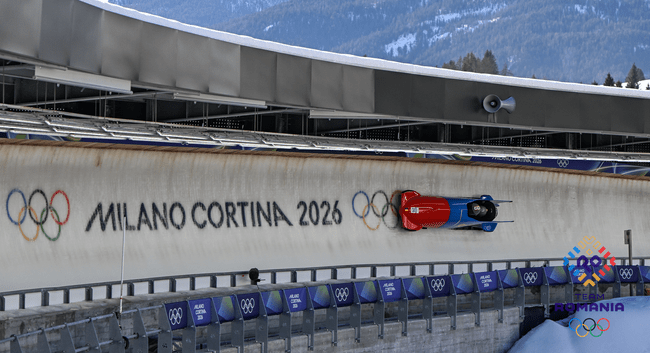The European Commission and the European Parliament have both given their approval to admit Romania, Bulgaria and Croatia into the Schengen Agreement, according to politico.eu.
Following the Commission’s publication of favorable reports regarding the countries’ capacities to police the European Union’s outer borders by sea, air and road, EU Commissioner for Home Affairs Ylva Johansson declared that the three candidates were now ready to join the open travel zone — yet, Sweden, Austria and the Netherlands have signaled their dissent.
And once more, the internal politicking of some member countries threatens to get in the way of European unity, overlooking the progress that’s been made.
First, accession to the Schengen zone would boost productivity and growth in Romania, Bulgaria and Croatia — meaning, the EU-wide economy would benefit. All three countries are rapidly modernizing their infrastructure, while business operating costs remain relatively low, and their workforce is younger and more flexible than Western European countries.
Meanwhile, global conglomerates moving out of Russia have already started to set up shop in Romania and its co-candidate countries. And their accession would make the whole of the EU more attractive to these companies, bringing more jobs and opportunities to the single market at a time of profound economic crisis.
For its part, my native country of Romania has been compliant with the Schengen acquis for several years now, implementing all the latest technology regarding border control security — the costs of which have ultimately been paid by the Romanian people, who are among the most supportive in the EU of further integration between members.
As a frontline NATO country, strategically positioned near Ukraine and Russia, Romania’s contributions to aiding Ukraine’s resistance shouldn’t be overlooked either. The country has proven itself an invaluable partner for both the EU and NATO in battling Russia’s hybrid warfare and moving aid to Ukraine, despite this stance fueling volatile populist politics at home.
Yet, all of this seems to be forgotten in some key European capitals.
For example, in a recent visit to Romania, Dutch Prime Minister Mark Rutte cast doubt on accepting the country’s Schengen bid on the grounds of security and justice, with the Dutch parliament subsequently casting a vote of rejection on the issue.
However, in the context of the rampant organized crime taking place in the Netherlands, and the country’s ongoing struggle to contain gang-related killings — including that of investigative journalist Peter de Vries in Amsterdam broad daylight — the country’s stance risks coming across as hypocritical.
Perhaps, it’s no coincidence either that Sweden — the other country whose members of parliament explicitly voted against Schengen accession for Romania, Bulgaria and Croatia — is currently in the throes of confronting a crime wave that’s upended its society and domestic politics as well.
Meanwhile, Austria’s record on rule of law and corruption has also been less than stellar, with the country’s prime ministers toppled by scandals and Russian money laundering at times making Vienna less stable than any of the EU’s Eastern European members.
Seeing how Romania and Bulgaria were quick to ratify Sweden’s NATO bid earlier this year, imposing no political preconditions regarding their Schengen bids on Stockholm, it stands to reason that both Bucharest and Sofia will remain reliable partners for the West going forward — regardless of how the Schengen decision goes in the EU Council.
And though it’s important to note that some issues at ports and land crossings do remain in both my native Romania and neighboring Bulgaria, these are incomparable to the grave lapses currently seen in major ports like Hamburg, Antwerp and Rotterdam in terms of the volume of contraband allowed through — including dangerous drugs like heroin and cocaine, which are currently fueling an unprecedented wave of violence across Western Europe.
Indeed, admitting these three candidate countries into the Schengen zone could lead transporters to divert some of their merchandise through cheaper Eastern European harbors, making global drug hubs like Rotterdam more manageable and easier to control by authorities.
And while the fact that Romania, Bulgaria and Croatia all continue to face the challenges of corruption and underdevelopment is undeniable, these issues could be resolved from inside Schengen zone just as easily, if not more so.
Not admitting these countries based on flimsy excuses, and despite the loyalty and reliability they’ve demonstrated against Russian President Vladimir Putin’s invasion of Ukraine, wouldn’t just go against EU unity, it would also be a strategic mistake that could send euroskepticism flaring across Europe’s sensitive east — and at the very worst possible geopolitical moment.
































Comentează